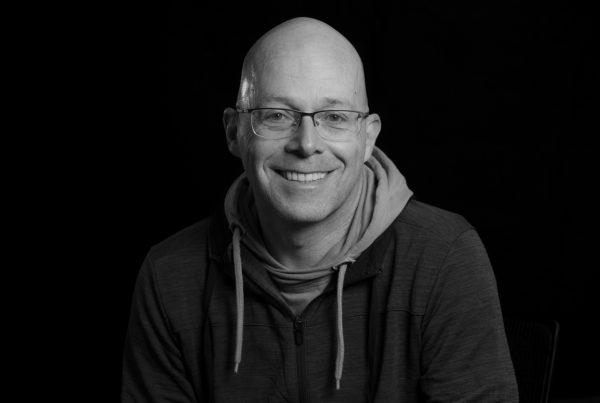Gábor Lugosi received his PhD from the Hungarian Academy of Sciences in 1991 in electrical engineering. Since September 1996, he has been at the Department of Economics, Pompeu Fabra University. He became ICREA Research Professor in 2006.
Research interests
Gábor Lugosi has mostly worked on the mathematics of machine learning, probability, mathematical statistics, information theory, and game theory. His research has been motivated by applications in telecommunications and computer science and also by game-theoretic learning. Recently he has mostly worked on high-dimensional problems in statistics, random graphs, “on-line” learning and sequential optimization, and inequalities in probability theory.
Selected publications
– Lugosi G & Mendelson S 2024, ‘Multivariate mean estimation with direction-dependent accuracy‘, Journal of the European Mathematical Society, vol. 26(6):2211–2247.
– Lugosi G, Markakis M & Neu G 2024, ‘On the hardness of inventory management with censored demand data‘, INFORMS Journal on Optimization, vol. 6 – 2 – 63-83.
– Böröczky KJ, Lugosi G & Reitzner M 2024, ‘Facets of High-Dimensional Gaussian Polytopes‘, Journal of geometric analysis, 34 – 3 – 69.
– Garriga R, Gómez V & Lugosi G 2024, “Individualized post-crisis monitoring of psychiatric patients via Hidden Markov models“, Frontiers in Digital Health, vol. 6.
– Broutin N, Kamčev N & Lugosi G 2024, “Increasing paths in random temporal graphs“, Ann. Appl. Probab. vol 34, no. 6, pp 5498-5521.
– Broutin N, Devroye L, Lugosi G & Oliveira RI 2024, ‘Subtractive random forests‘, Alea-latin american journal of probability and mathematical statistics, 21 – 575 – 591.
– Atamanchuk C, Devroye L & Lugosi G 2024, ‘A note on estimating the dimension from a random geometric graph‘, Electronic journal of statistics, 18 – 2 – 5659 – 5678.
Selected research activities
Gábor Lugosi is a founding editor of the journal Mathematical Statistics and Learning, published by the prestigious European Mathematical Society. He has been on the editorial board of several
journals, including Probability Theory and Related Fields,Annals of Applied Probability, Electronic Journal of Probability, and Journal of Machine Learning Research.
He is an ELLIS fellow and an elected member of the Institute of Mathematical Statistics Council.
He is a member of the Scientific Advisory Board of the Publishing House of the European
Mathematical Society, a member of the Scientific Advisory Board of the Centre de Recerca Matemática of Catalonia, a member of the Scientific Committee of the Barcelona Graduate School of Mathematics, and a member of the Academic Committee of the Barcelona School of Economics.
